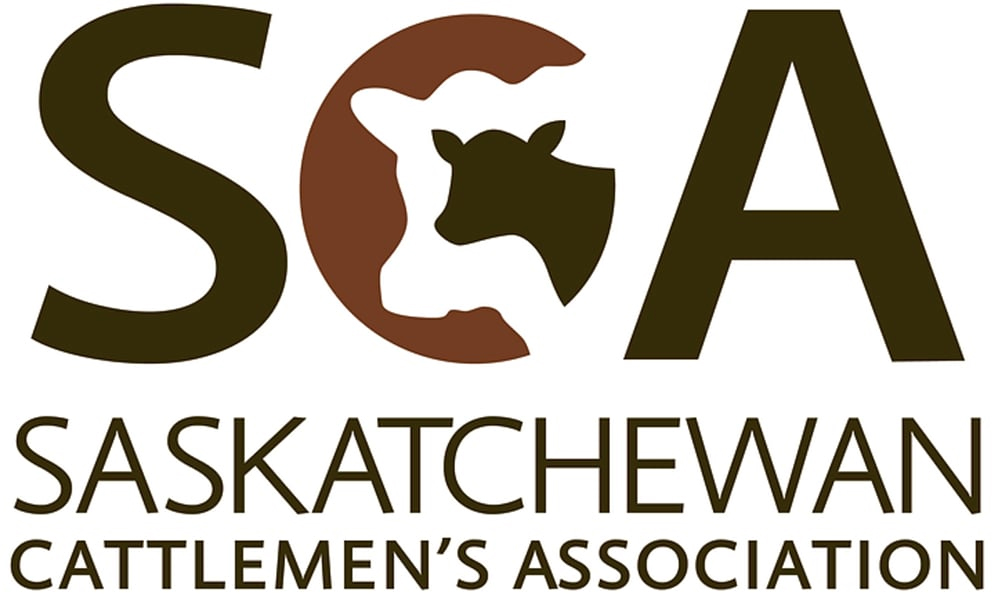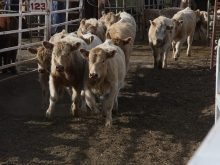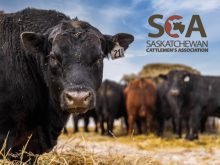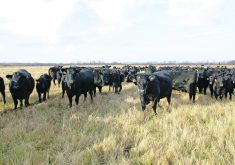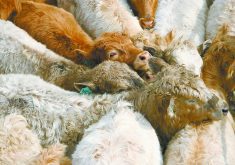SWIFT CURRENT, Sask. — When and how provincial beef checkoffs are increased continues to concern Saskatchewan producers.
The Saskatchewan Cattlemen’s Association administers the checkoff and recently applied for a 75-cent increase on the provincial portion.
If approved, the increase would take effect in August 2025.
Read Also

Crop quality looks good this year across Prairies
Crop quality looks real good this year, with the exception of durum.
However, the application comes after a motion passed at the SCA annual meeting in January to hike the levy by $1.50.
Although all producers who pay the checkoff can attend that meeting, the vast majority don’t, and there was an outcry after the increase was made public.
The SCA met with other stakeholders, including cow-calf producers and cattle feeders, and decided the smaller increase was a fair compromise.
SCA chief executive officer Grant McLellan said the province’s Agri-Food Council, which governs the agencies that administer checkoffs, meets this month and should make its decision.
He said the SCA reduced its previous budget by 15 per cent and another 15 per cent this year. The drought pushed a lot of cows to town over the last few years, and so while check-off revenue was high, the board is anticipating a huge drop of about 30 per cent.
McLellan said the board has had to make hard choices in how it spends its money.
“We have cut certain organizations,” he said in an interview.
“We have tried as much as possible not to say no. Our producers asked for us to increase our level of communication, but that’s a place where we found budget reductions.”
Board meetings have been reduced, and he said that’s not necessarily a good thing.
“These things, they’re certainly not ideal when we want to have a board that’s active and engaged and actively representing our producers. But these are the decisions that we have to make in the face of a declining cow herd and decline in cattle marketing.”
McLellan said the check-off debate has been interesting because some didn’t like the decision to cut the requested increase in half, saying this is a good time to increase it more. Others said they would be happy to have more money in their own pockets since cattle prices have been so strong.
The compromise decision recognizes that producers face more increases, he said.
“Livestock inspection fees are potentially increasing. The dealer fees for (auctions) to collect checkoff and remit to us, that’s going up. And that doesn’t even include inflation,” he said.
Of the $2 collected by the province, 53 cents goes to the Canadian Cattle Association, leaving $1.47 for the SCA to fund research, operations and industry partners and pay the dealers for their role in collection.
Asked how long a 75 cent increase would last before another increase is needed, SCA chair and District 3B director Keith Day said, “we’re all hoping we overestimated the 30 per cent reduction.”
At a District 4 SCA meeting in Piapot, producers passed a resolution asking the SCA to make it policy that any potential check-off increase be sent out to every district ahead of time so that producers are aware.
In Swift Current, producers asked for a review of the checkoff every five years so that changes could be made at district meetings.
All resolutions passed at district meetings come forward at the AGM in January. District meetings continue throughout October.




